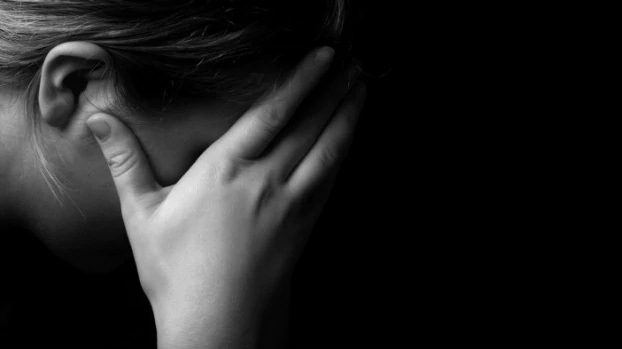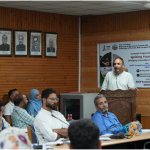Reproductive choices are one of the aspect of Reproductive Justice which pertains to the choice of a woman to make autonomous decisions about her reproductive well-being. These rights include but are not limited to have a child or not to have child, to choose the method of family planning and to have access to the information related to these matters. These rights are intrinsically related to the woman’s right to privacy and dignity, as they affect the personal choices about one’s life.
Talking about Kashmiri society, patriarchal in nature, women are more vulnerable as far as their reproductive choices are concerned. In a region where privacy is often a luxury, Kashmiri women are facing an unsettling reality: their reproductive choices have become a matter of public spectacle. What should be a personal decision becomes a social debate and gossip. This erosion of reproductive privacy is emblematic of a broader pattern of gender-based discrimination and vulnerability in Kashmir (Osuri, 2018). Deeply rooted cultural norms and patriarchal systems continue to have a considerable impact on women’s decisions about their bodies and families, even in the face of advancements in healthcare and education.
A woman’s value in Kashmiri society appears to be correlated with her capacity to procreate. For them, this pressure-exacerbated by social criticism- can result in extreme stress and anxiety. It can be crippling to dread social rejection if one deviates from these conventional wisdom. Further, the invasion of privacy goes beyond idle rumours. It is customary to ask nosy inquiries concerning fertility, pregnancy and family planning. Information circulates quickly in Kashmiri society because of its close-knit community, which makes this breach of personal boundaries worse. This ongoing scrutiny and discussion surrounding woman’s physiques and reproductive choices significantly affect her self-worth and autonomy.
As soon as a woman gets married, the ‘social interrogation’ begin. Everyone wants to know if she’s pregnant under the garb of asking for any “good-news” (Khoush khabar cha keh-is there any good news?). It seems like all they have in mind for her is being a mother in the future. She might feel like she’s only valued for having kids. And if she is lucky enough to have mutual understanding with her husband for keeping the time gap for a while before having children, she might face a lot of pressure and even bad treatment by her in-laws. The mental health of a woman might be severely impacted by this ongoing pressure.
This irony doesn’t end up here. If she is blessed with the baby, it is a customary practice that all relatives should pay a visit to the hospital as soon as woman gives birth. There is no understanding of the fact that being new mother she needs physical and emotional recovery. Instead she is surrounded by the visitors and her privacy is completely ignored. How bizarre is this to expect a new mother to be on display right after giving birth. Without feeling obligated to host guests, a new mother ought to be to concentrate on her recovery. The process of a mother and infant bonding can be hampered by intrusions of privacy during this sensitive time. Its critical to respect woman’s choices and allow her the space she requires to heal.
And if she is unable to bear a child, it becomes more worse for her to deal with it. In our society when infertility becomes a problem, the pressure from society on woman increases. Given the high infertility rates in the region, woman who face this challenge are often subjected to immense stigma and discrimination. They are even considered less of a woman. This cruel judgment based solely on fertility is a stark reflection of the patriarchal mindset that prevails in this society.
No matter what a woman is achieving in her career, in this society she is considered as ‘settled in life’ only when she is having ‘normalcy’ of society of being married and having kids. There are woman who don’t want to get married or don’t want to have kids; does that make them less settled in their lives? And if yes, does it goes same with a man? Does that make him less settled in his life?
We as a society have to evolve from the traditional mindset of considering woman (only) as child bearing and rearing vessel. Instead, a woman’s choice should be respected as being human with her own rights. This requires a collective effort from individuals as well as from the community as a whole to dismantle these traditional norms that pave way for gender inequality. Furthermore, respect for privacy must be inculcated within the social fabric and ultimately it is about recognizing the fact that woman’s worth must not be determined by her reproductive capacity, but by her inherent human dignity.
(Author is Research Scholar at School of Law, University of Kashmir and is working on Reproductive Rights of women in Kashmir and can be mailed at [email protected])








